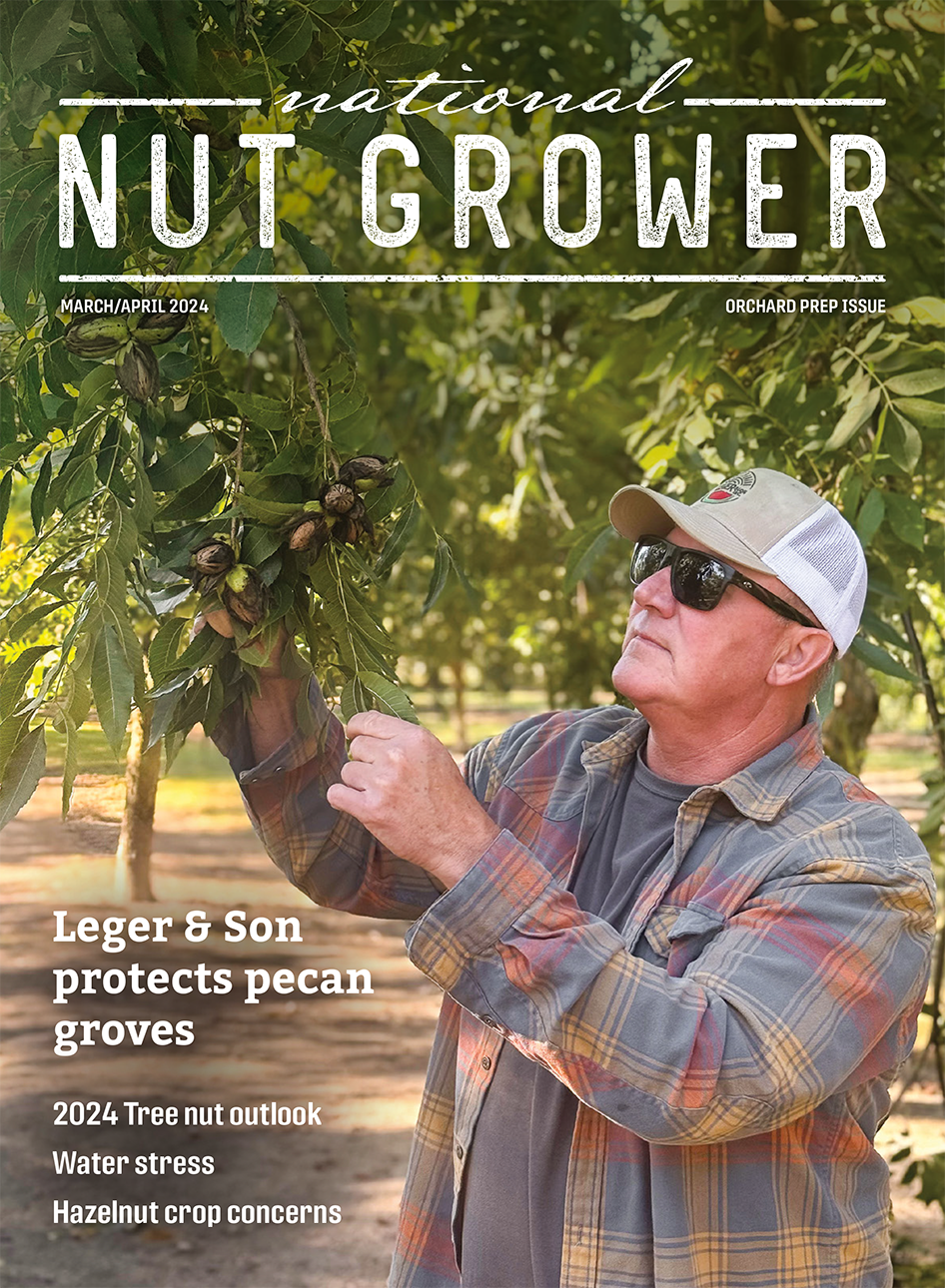
March/April 2024
The surprising challenge: Why do most succession plans fail?
In our previous articles we’ve explored the importance of planning, and why every operation needs two separate succession plans. But even operations that have plans in place sometimes fail to transfer to the next generation. Why is that?
For decades, conventional wisdom held that succession plans failed because of economic or environmental reasons: Taxes, particularly estate taxes. The challenge of providing a “fair” inheritance to all the children — those in the operation and those off-farm. Poor financial management. Too much leverage, coupled with a bad crop, or an ill-timed decision to “diversify” into new crops like hemp or barley.
Yet an MIT/Johns Hopkins study determined that 60% of failed succession plans were due to a breakdown of trust and communications within the family. Another 25% of the failures were caused by failure to prepare heirs
to lead the business, while 12% were due to a failure of mission or vision. Only 3% of the failures were due to a poorly designed plan. (Source: Williams and Preisser Preparing Heirs: Five Steps to a Successful Transition of Family Wealth and Values).
Trust and communication
We’ve witnessed trust and communication issues with the clients we serve. Perhaps you have as well? Maybe even in your own family or a neighboring farm?
Often, Dad is a stoic individual, and not a particularly good communicator. He’s happier in the cab of his combine than in a meeting. Clients’ children often tell us: “We’re frustrated. Dad won’t tell us ‘the plan.’ Or even if there is
a plan! When will he step aside or scale back and give us a chance? When will he feel we will be ready? What do we have to do to get there? Which of us will run the operation when he’s gone? What will the other siblings’ roles be?”
We’ve also seen sibling rivalry and friction, sometimes stemming from perceived slights dating back to high school. Occasionally, there is a perception that one of the children is getting preferential treatment. Dad’s always managed to keep a lid on the pot, but will it boil over when he’s longer at the helm?
We’ve seen situations where a son-in-law or daughter- in-law who didn’t grow up in a farm family has understandable concern about their future financial security. Not knowing what “the plan” is can cause fear and resentment. Occasionally these concerns are insurmountable, but more often good communication can settle things down. But these can be emotionally charged conversations, and may require an impartial facilitator/ moderator who doesn’t share your last name!
Unprepared heirs
A succession plan should establish clear expectations for the next generation; identify educational requirements to join the operation, ongoing professional development, and required membership in regional or national
farming associations. All family members should clearly understand that advancing in your operation requires work and achieving objective benchmarks.
Failure of mission or vision
While you might think the children who grew up on
the farm (and the spouses they married!) would all share
a common vision. That’s not always the case! When important questions come up — buying or selling acreage, adding irrigation, adding a new crop, maybe even dabbling in solar — what is the agreed upon decision making process? Having a mission and vision statement in place helps immensely when the inevitable conflicts surface.
It is much easier to develop that mission and vision statement when your family members are objective, rather than trying to build consensus when emotions and tempers are running high. When faced with conflict and big decisions, does every family member get a vote? Do designated family members make those big decisions?
Or should a CEO who is not a family member make the tough calls?
Putting a well-thought-out plan in place when times are good, can save the operation — and the family relationships — in challenging times.
Our fourth article in this series will identify proven “best practices” you can employ in your operation.
Disclaimer: Jeffrey S. DeWald is a Registered Representative of Lincoln Financial Advisors Corp. Securities offered through Lincoln Financial Advisors Corp. a broker/dealer. Investment Advisory Services offered through Sagemark Consulting, a division of Lincoln Financial Advisors Corp., a registered investment advisor. Insurance offered through Lincoln affiliates and other fine companies. Agribusiness Succession Advisors LLC is not an affiliate of Lincoln Financial Advisors Corp. CRN-5846746-073123







